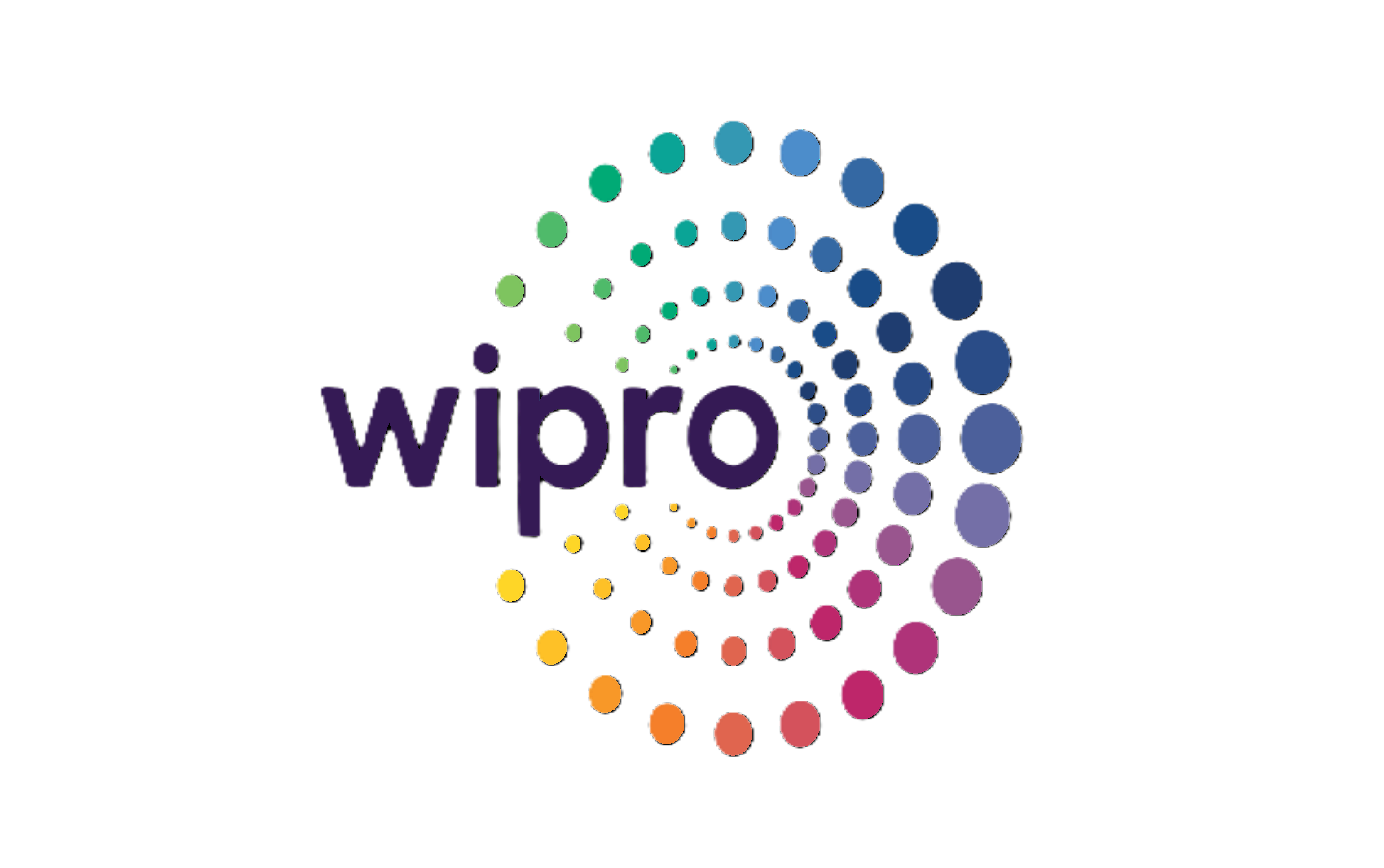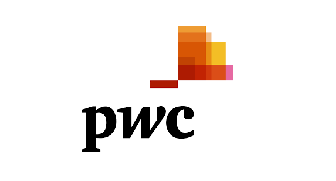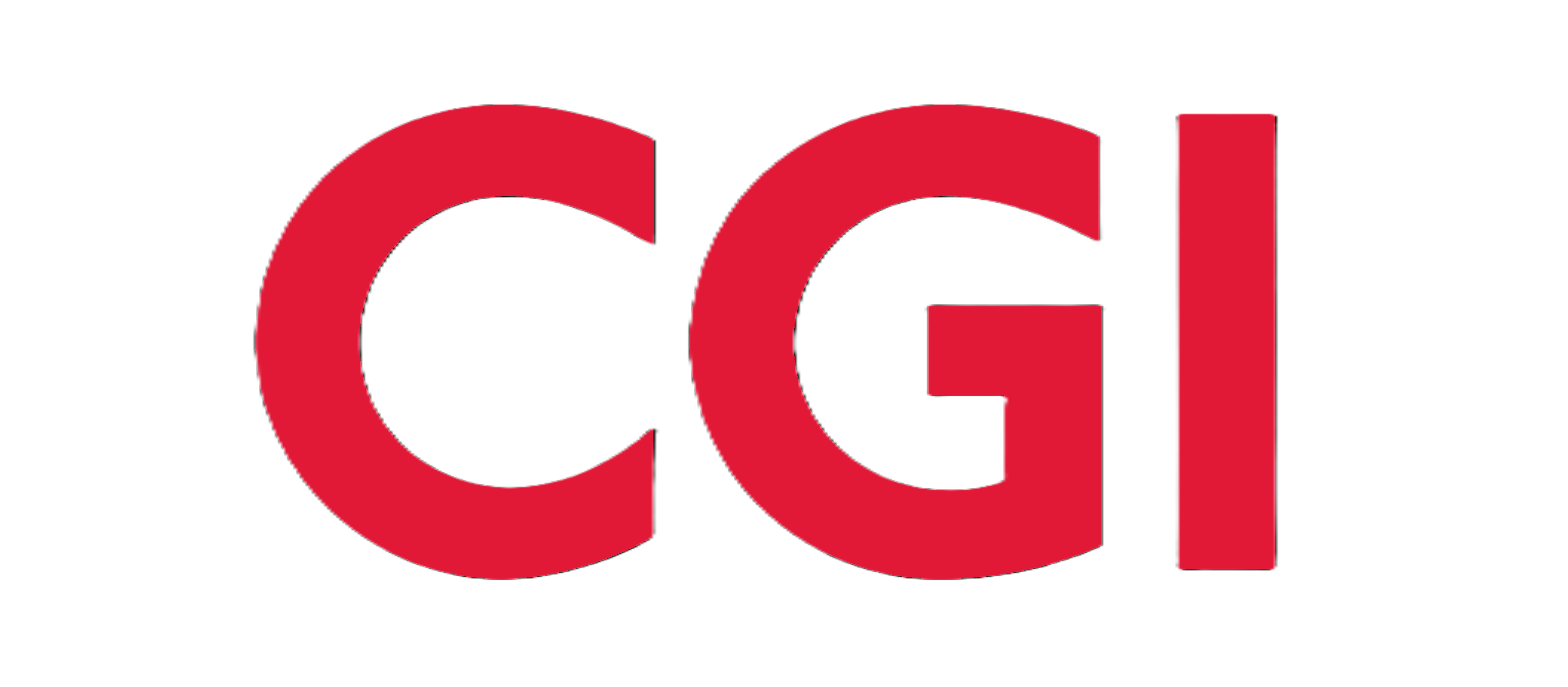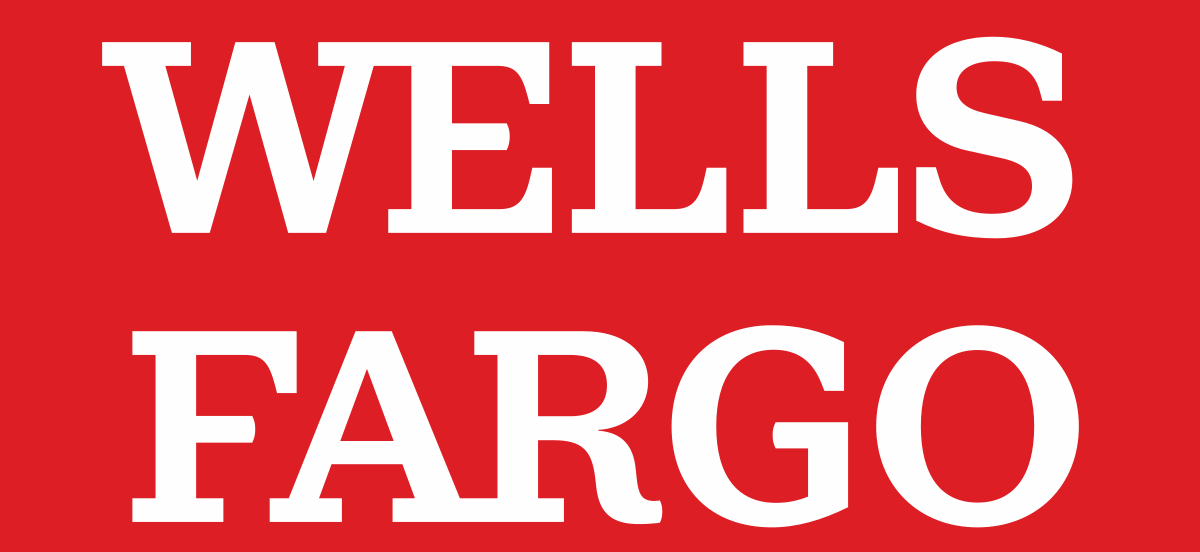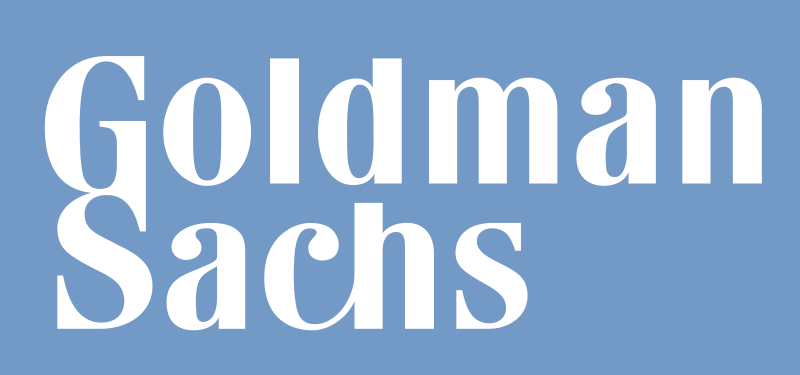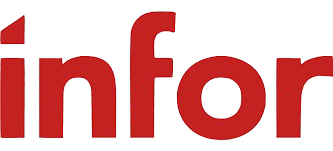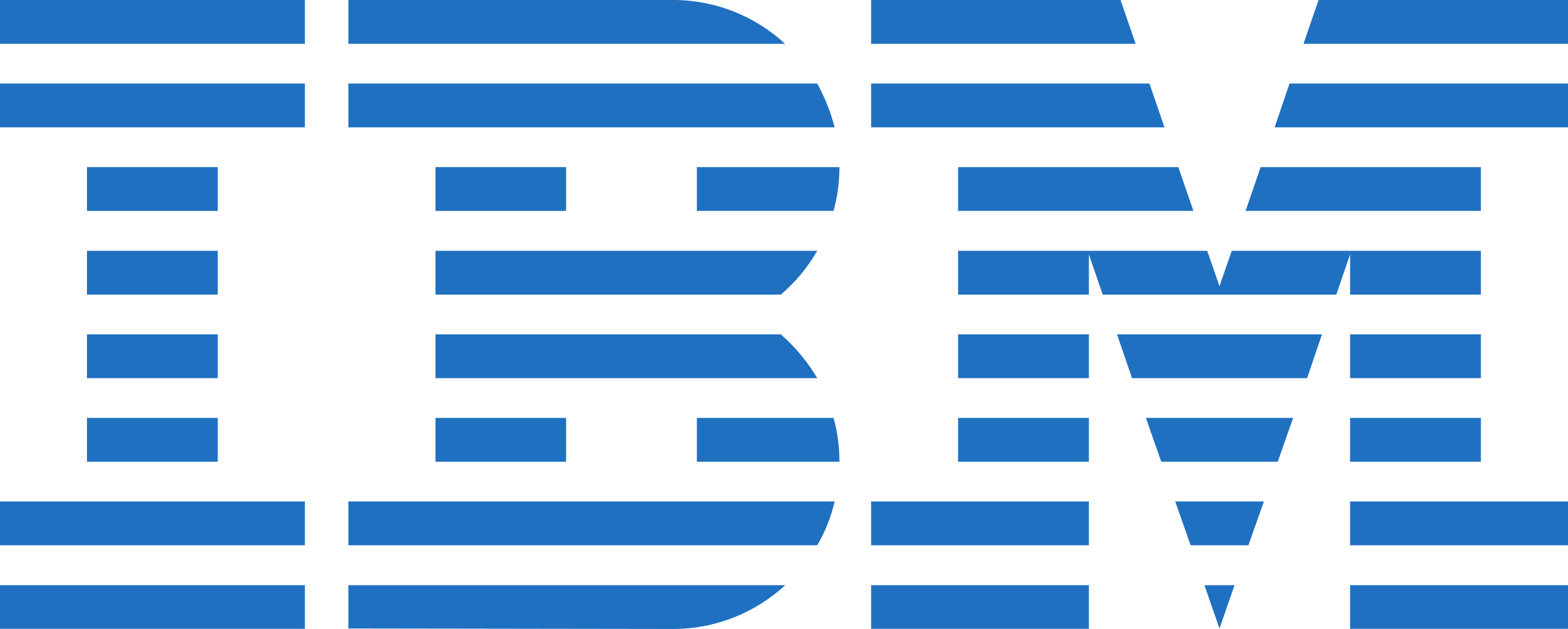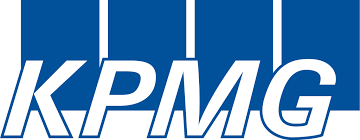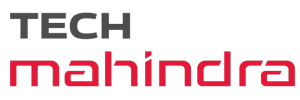This course is designed to teach the fundamentals of programming using C and C++. It covers syntax, data types, control structures, functions, object-oriented programming concepts, and advanced features, enabling learners to build efficient and structured software applications. The program focuses on practical coding exercises to develop strong problem-solving and programming skills.
- Home
- Courses Offered
Finance Courses
HR Training Course
Software Courses
- About Us
- Gallery
- Success Stories
- Contact Us
- Home
- Courses Offered
Finance Courses
HR Training Course
Software Courses
- About Us
- Gallery
- Success Stories
- Contact Us


